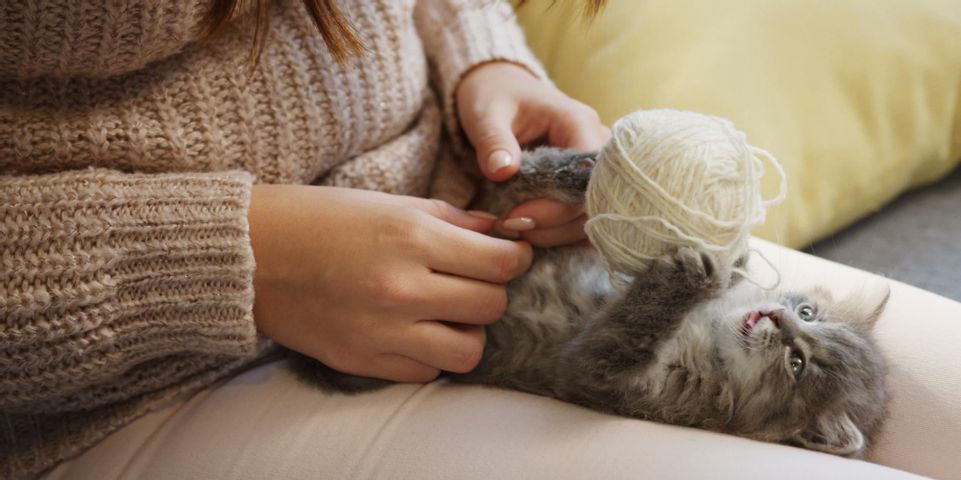
When you adopt a kitten or a puppy, getting them spayed or neutered is one of the first health matters you should tend to as a pet parent. These safe, routine surgeries are designed to remove the animal’s reproductive organs. As a result, spay and neuter services can greatly reduce the rate of animal overpopulation, as well as improve pet health and behavior. If you’re curious about these procedures, here are a few frequently asked questions about spaying and neutering.
FAQ About Spay & Neuter Services
What are the health benefits of spaying and neutering?
When female cats and dogs are spayed, they have a lower chance of developing uterine infections and cancerous breast tumors. When male animals are neutered, they will have a lower risk of developing prostate or testicular cancer.
How might the procedure affect my pet’s behavior?
 By affecting a pet’s hormone production patterns, these surgeries can improve some animal behaviors. Female cats and dogs, for instance, will stop going into heat and urinating in undesirable places to attract mates. Male pets, on the other hand, tend to be calmer and less aggressive after surgery. They will also be less likely to run away from home in an attempt to find a mate.
By affecting a pet’s hormone production patterns, these surgeries can improve some animal behaviors. Female cats and dogs, for instance, will stop going into heat and urinating in undesirable places to attract mates. Male pets, on the other hand, tend to be calmer and less aggressive after surgery. They will also be less likely to run away from home in an attempt to find a mate.
When should you spay or neuter your pet?
In general, spay and neuter procedures are best done before the animal’s first heat cycle. For cats, this surgery can be done as early as eight weeks old. Dogs, on the other hand, usually have the procedure performed between six and nine months.
Does spaying and neutering cause weight gain?
Contrary to popular belief, spay and neuter services do not directly cause cats and dogs to gain weight. In some cases, however, resulting hormonal changes may decrease the number of daily calories your pet needs. With guidance from a veterinarian, you can prevent weight gain by adjusting diet and sticking to a standard exercise routine.
How can you help with recovery?
In general, it’s best to provide your cat or dog a quiet, calm place to rest at home. To avoid issues with the sutures, keep your pet in a protective cone or collar. It’s also essential to keep them from jumping or engaging in activity that can disturb the incision site.
If you’ve recently adopted a cat or dog, Elyria Animal Hospital offers comprehensive spay and neuter services in Lorain County. Committed to patient comfort, this veterinarian of Elyria, OH, uses state-of-the-art equipment to conduct procedures in a calm, safe, and effective fashion. Beyond spaying and neutering, this animal hospital also provides vaccines and general veterinary care services to ensure your pet can start life with the best paw forward. To learn more about these services, visit this provider online. For appointments, call (440) 365-3818.
About the Business
Have a question? Ask the experts!
Send your question

